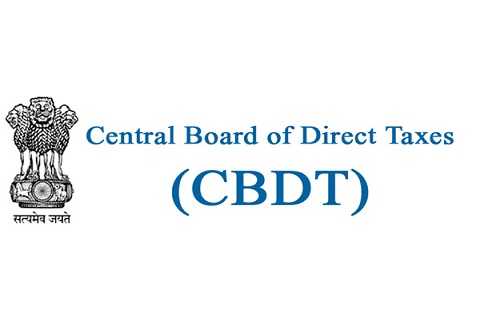Total number of APAs entered into by CBDT as of stand at 297
Out of these 26 APAs, 1 is a BAPA entered into with the United Kingdom and the remaining 25 are Unilateral Advance Pricing Agreements (UAPAs).

- Country:
- India
The Central Board of Direct Taxes (CBDT) has entered into 26 Advance Pricing Agreements (APAs) in the first 5 months of the current financial year (April to August 2019). With the signing of these APAs, the total number of APAs entered into by the CBDT as of now stand at 297, which includes 32 Bilateral Advance Pricing Agreements (BAPAs).
Out of these 26 APAs, 1 is a BAPA entered into with the United Kingdom and the remaining 25 are Unilateral Advance Pricing Agreements (UAPAs).
The BAPAs and UAPAs entered into during this period pertain to various sectors and sub-sectors of the economy like Information Technology, Banking, Semiconductor, Power, Pharmaceutical, Hydrocarbon, Publishing, Automobile, etc.
The international transactions covered in all these agreements, inter alia, include the following:-
contract manufacturing
provision of software development services
back office engineering support service
provision of back-office (ITeS) support services
provision of marketing support services
payment of royalty for use of technology and brand
trading and distribution
payment of charter charges
corporate guarantee
intra-group services
interest in financial instruments
The progress of the APA scheme strengthens the Government’s resolve to fostering a non-adversarial tax regime. The Indian APA program has been appreciated nationally and internationally for being able to address complex transfer pricing issues in a fair and transparent manner.
(With Inputs from PIB)
ALSO READ
Chinese Scientist Responsible for Publishing COVID-19 Virus Sequence Returns to Lab Following Peaceful Protest
Uganda: Parliament approves supplementary budget for DEI Pharmaceuticals
Chinese scientist evicted from lab after publishing first sequence of COVID virus protests
Chinese Scientist Evicted from Lab After Publishing First Sequence of COVID Virus
Chinese Scientist Locked Out of Lab After Publishing COVID-19 Virus Sequence










